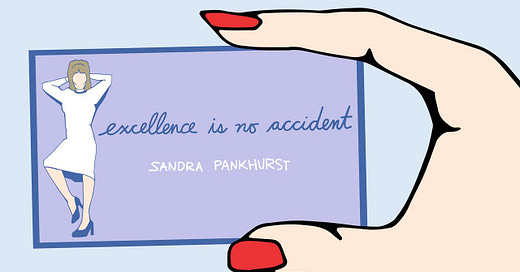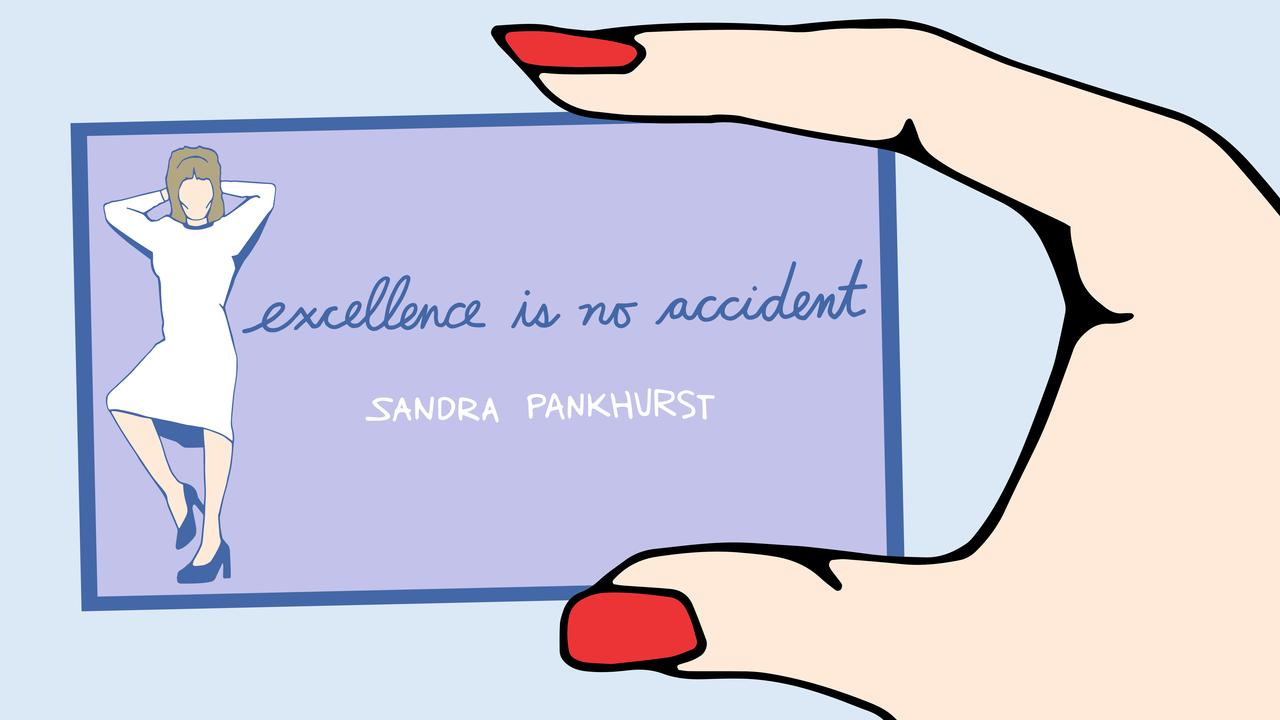Secret Life of a Crime Scene Cleaner
How a transgender Australian found her niche cleaning up after murders, suicides, and unimaginable filth of endless variation.
The back of Sandra Pankhurst’s business card reads:
“Excellence is no Accident”
* Hoarding and Pet Hoarding Clean up * Squalor/ Trashed Properties * Preparing the Home, for Home Help Agencies to Attend * Odor Control * Homicide, Suicide and Death Scenes * Deceased Estates * Mold, Flood and Fire Remediation * Methamphetamine Lab Clean Up * Industrial Accidents * Cell Cleaning
If the places we inhabit are like lungs, rhythmically drawing us in and breathing us out, Sandra Pankhurst’s job as founder of Specializing Trauma Cleaning (STC) Services Pty Ltd. leads her somewhere in between — homes with the lights still on where death, sickness and madness have abruptly abbreviated lives.
I first saw Sandra at a conference for forensic support services. Everyone had just poured out of a session on offenders with acquired brain injuries to descend on urns of watered-down coffee and plates of sweating cheese. On my way to the bathroom, I passed a table in the lobby where …
Keep reading with a 7-day free trial
Subscribe to Narratively to keep reading this post and get 7 days of free access to the full post archives.





